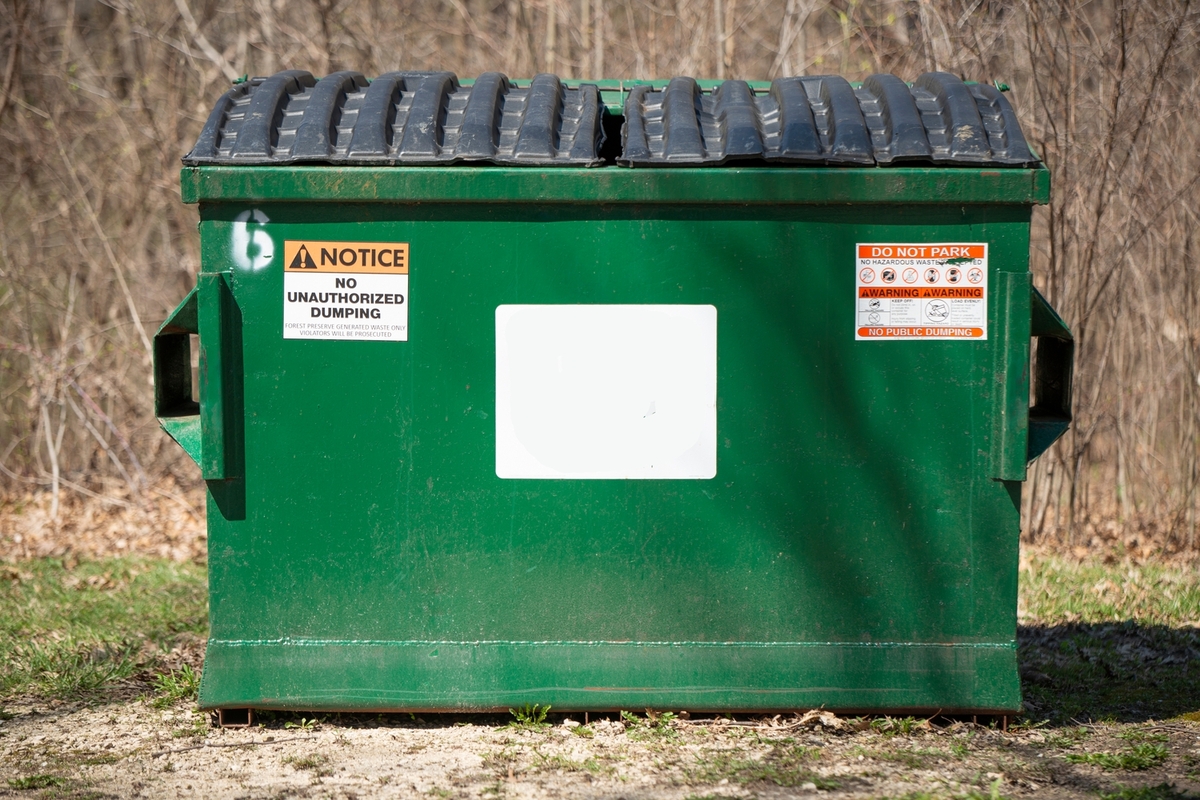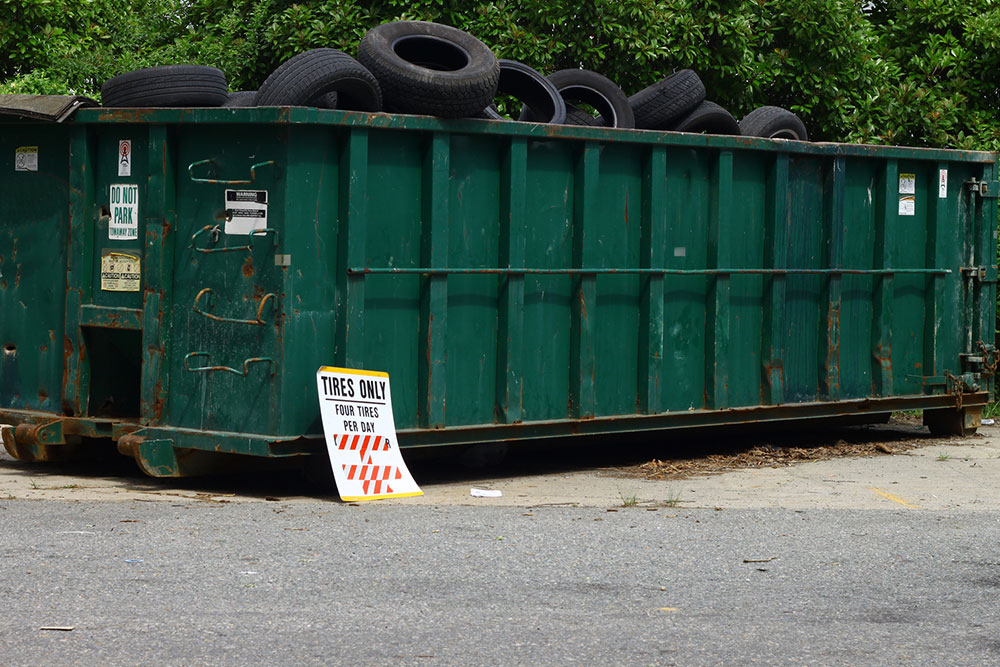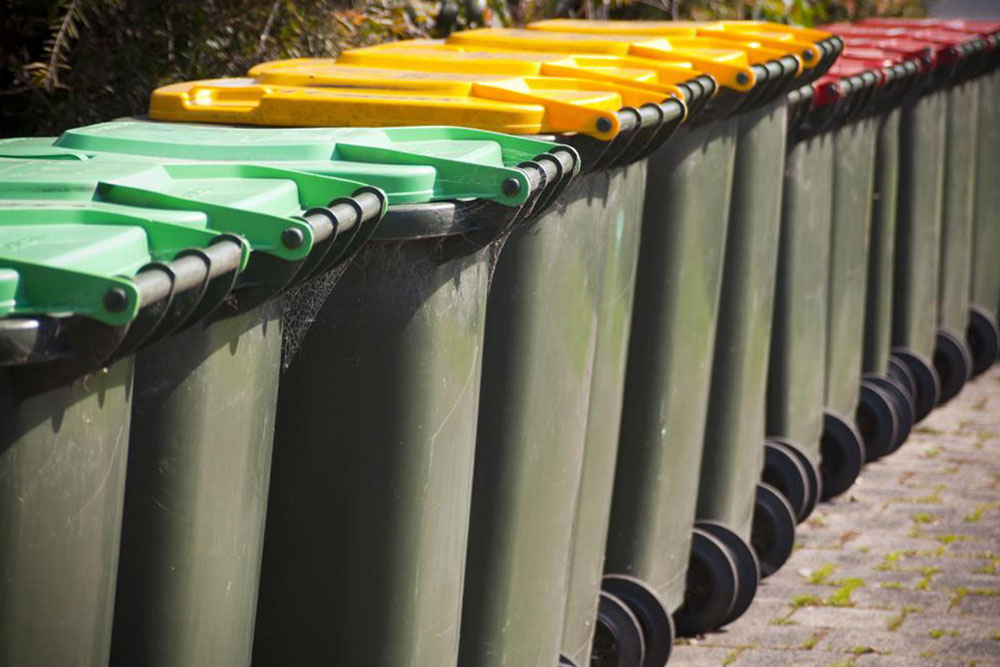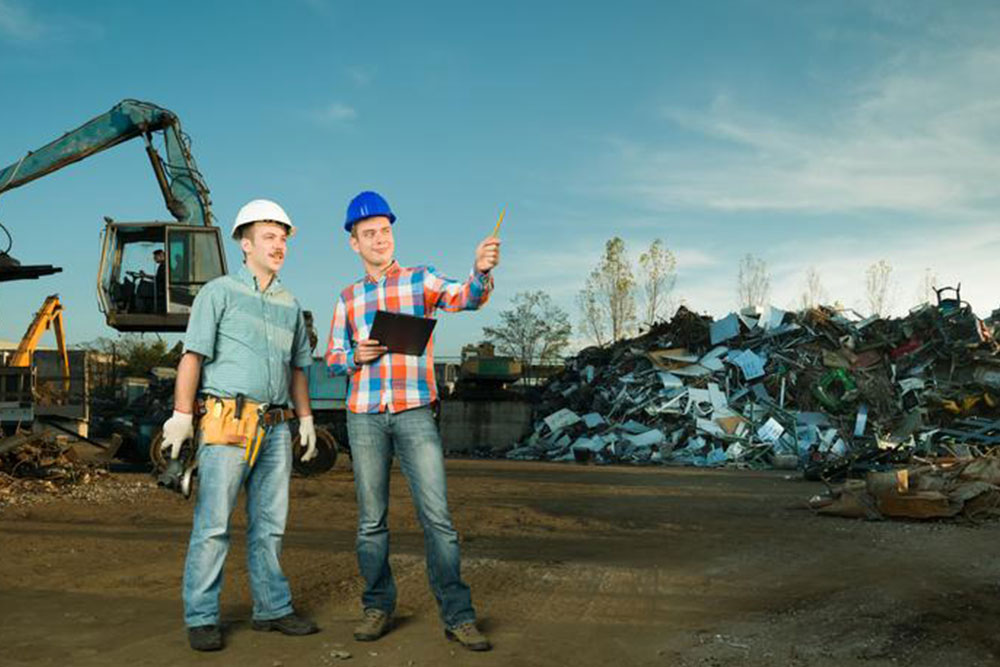Comprehensive Tips for Choosing the Ideal Dumpster for Your Project
This comprehensive guide provides essential tips for selecting the ideal dumpster for any project. It covers different types, sizes, cost factors, and selection tips to ensure an efficient, eco-friendly waste management process. Whether for construction, home renovation, or landscaping, learn how to choose the right container to save money and time while adhering to local regulations.

Comprehensive Tips for Choosing the Ideal Dumpster for Your Project
Using a dumpster rental is an efficient way to manage waste during home renovations, construction, or major cleanouts. Whether clearing out a garage, landscaping, or overseeing building work, renting a dumpster simplifies disposal of large waste amounts without multiple trips to landfills. This article explores different dumpster types, how to select the right size, and factors that influence rental pricing across the United States.
What is a Dumpster Rental?
A dumpster rental involves leasing a large container for debris and waste removal, with providers delivering, collecting, and disposing of the contents responsibly.
Providers deliver the container to your location; once filled, they pick it up for proper disposal at landfills or recycling centers. Whether for residential or commercial purposes, dumpster rentals make waste management more straightforward, saving time and money while supporting eco-friendly disposal methods for construction debris, household trash, and yard waste.
Benefits of Renting a Dumpster:
Convenience: Minimizes trips to landfills.
Efficiency: Speeds up cleanup and renovation tasks.
Hygiene and Safety: Contains debris to prevent hazards.
Cost Savings: Usually more affordable than hiring individual waste removal services or renting trucks.
Types of Dumpsters Available:
Different dumpster styles suit various needs. Selecting the appropriate size and type ensures economical and efficient waste management.
1. Roll-Off Containers
Large, open-top containers typically used for construction, major cleanup efforts, home improvements, and yard waste. Delivered by trucks that roll the container into place, sizes range from 10 to 40 cubic yards.
Perfect for:
Construction Projects
Large Residential Cleanups
Home Renovations
Landscaping Waste
Common Sizes:
10-yard
20-yard
30-yard
40-yard
2. Front-Loading Bins
Smaller containers used mainly by businesses for ongoing waste needs. They are lifted and emptied by front-loading trucks.
Suitable for:
Commercial Waste
Restaurants
Retail Stores
Sizes:
2-yard
4-yard
6-yard
8-yard
3. Yard Waste Containers
Designed for landscaping debris like grass, leaves, and branches. These have lower weight limits and are ideal for garden projects.
Perfect for:
Yard Maintenance
Tree Trimming
Garden Cleanup
Sizes:
10-yard
15-yard
4. Compactor Units
Heavy-duty containers with compression systems to maximize capacity, ideal for businesses generating high waste volumes or demolition debris.
Suitable for:
Commercial and Industrial Waste
Construction Waste
Sizes:
15-yard
20-yard
30-yard
How to Choose the Right Dumpster:
Consider your project size, waste type, budget, rental period, and accessibility constraints.
1. Project Size
Smaller projects may need compact containers like 10-15 yards, while large projects require 30-40 yards.
Small Projects: 10-15 yards
Medium Projects: 20-30 yards
Large Projects: 30-40 yards
2. Waste Material
Select dumpsters suitable for your waste type: construction debris, yard waste, household trash, etc.
Construction Waste: Roll-off
Yard Waste: Yard-specific bins
Household Items: Roll-off or front-load
3. Budget
Prices depend on size, rental length, location, and waste type, typically ranging from $200 to $700.
10-yard: $200-$400
20-yard: $300-$500
30-yard: $400-$600
40-yard: $500-$700
4. Rental Duration
Most rentals last about a week; extensions are available for additional fees, especially on long-term projects.
5. Accessibility and Regulations
Ensure easy access to the delivery site and verify if permits are needed for street placement.
Costs vary based on size, waste type, location, and rental duration. Larger and specialized containers or extended rentals tend to increase costs.
Approximate costs per size:
10-yard: $200-$400
20-yard: $300-$500
30-yard: $400-$600
40-yard: $500-$700
Additional charges may apply for overweight loads, prolonged rentals, or specific waste disposal.
Renting a dumpster simplifies waste management for any large-scale project. Recognizing different types and choosing appropriately ensures efficiency and cost savings. Assess your project scope, waste type, and budget for the best container choice, making your process smoother and more environmentally responsible.
Sources:
Beginner’s Guide to Dumpster Rental – Dumpster Rental Guide
How to Pick the Correct Dumpster – Waste Management
Factors Affecting Dumpster Rental Costs – HomeAdvisor


